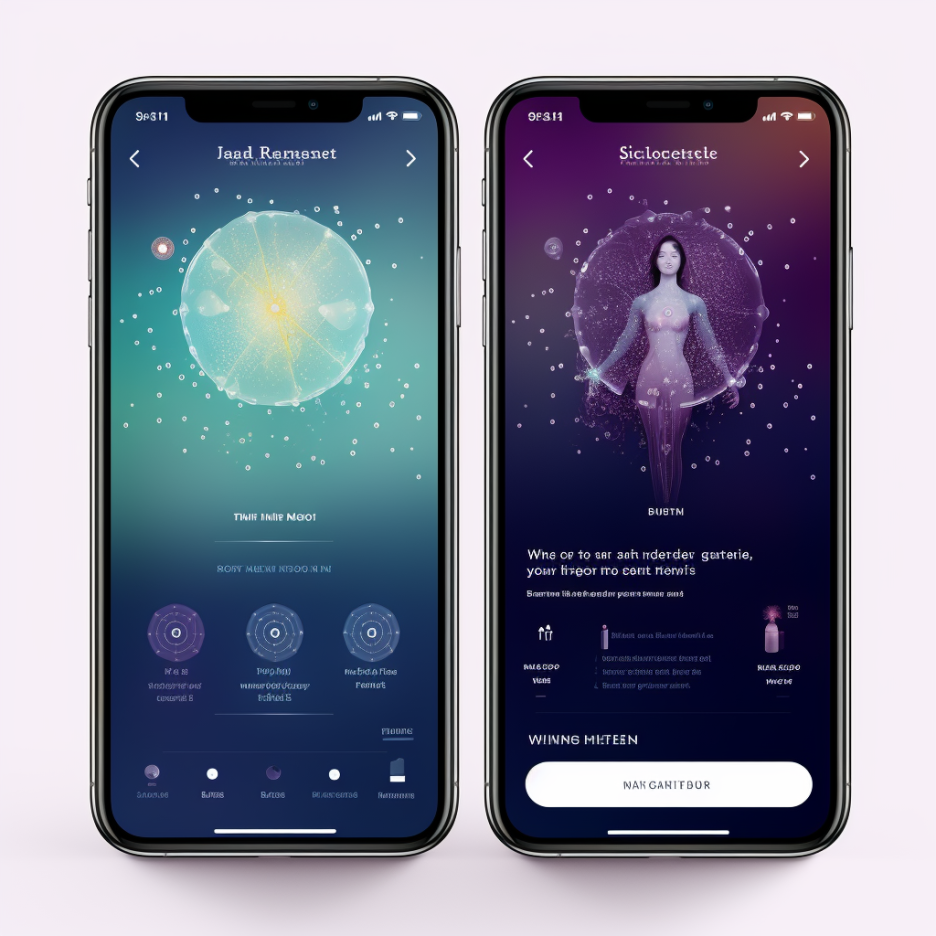Unlocking Health Metrics
The Best Data Points for Comprehensive Health Tracking
The digital age has empowered us with a multitude of tools and devices to monitor our health. Ranging from weighing scales to sleep trackers, these devices provide us with data that can
guide us towards better health. Here’s a list of key data points you should consider tracking for a holistic view of your wellness:
Body Weight and Composition:
Using digital weighing scales, you can not only track your weight but also your body composition. Modern scales can measure body fat percentage, muscle mass, bone mass, and water percentage, providing a comprehensive view of your body’s composition.
Physical Activity: Fitness trackers and smartwatches can count your daily steps, distance traveled, and calories burned. They can also track specific workout types, making them invaluable tools for anyone looking to monitor their physical activity levels.


Heart Rate: Continuous heart rate monitoring, available in many fitness trackers and smartwatches, can provide insights into your cardiovascular health and fitness levels. Some devices even offer tracking of heart rate variability (HRV), a metric that can indicate stress and recovery status.
Sleep Patterns: Sleep trackers can provide detailed insights into your sleep patterns, including the duration and quality of sleep, as well as the time spent in different sleep stages (light, deep, REM). Understanding your sleep patterns can help improve sleep quality, crucial for overall health.
Nutrition: Using apps to track your daily food intake can provide critical data on your calorie consumption, macro and micronutrient intake. Regularly logging your meals can help you maintain a balanced diet and meet your health goals.
Blood Pressure: Home blood pressure monitors enable regular tracking of your blood pressure levels, vital for individuals with hypertension or those at risk.
Blood Glucose Levels: For people with diabetes, tracking blood glucose levels is essential. Devices like glucometers and continuous glucose monitors (CGMs) can help monitor and manage this condition effectively.
Mindfulness and Stress Levels: Many wearable devices now offer features to track stress levels and encourage mindfulness practices like meditation.
Remember, while all this data can provide valuable insights, it’s important to use these tools as part of a broader, comprehensive approach to health that includes regular medical check-ups and consultations with healthcare professionals. Also, always ensure that your health data is stored and managed securely, respecting privacy concerns. With these best practices, you can leverage technology to become more attuned to your body and its needs, empowering you to take charge of your health.